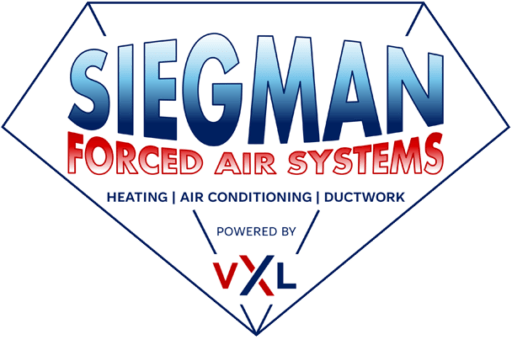Spring around Westminster, MD, is a prelude to the heat and humidity the summer has in store. You probably give your air conditioner a test run during the hotter parts of the spring. Unfortunately, you may run into some problems when first starting it, including these five common issues.
1. Dirty Air Filter
Your entire HVAC system is dependent on its ability to circulate air effectively. After having your home locked up for the winter, your filters likely need replacing. Fortunately, this is one of the most common issues, and it’s also one most people can easily solve on their own.
2. Clogged Drain Line
As your HVAC system runs, it causes air to condense, forming a liquid that drips from inside your unit. Your system has a drip pan with a condensate drain line, preventing the liquid from collecting.
If this drain becomes clogged, it triggers a safety switch, preventing your system from starting. A professional should check and clean this drain during routine maintenance to prevent any clogs.
3. Dirty Coils
Your air conditioner has a condensing coil outside and an evaporator coil inside. If either of these coils is dirty, air won’t pass through them freely, preventing the system from running efficiently. Both need cleaning during regular maintenance to keep the system working optimally for the season.
4. Worn Contactor
Your condensing unit has a special switch that receives the start signal from the thermostat and initiates the compressor. This is the contactor, and it’s prone to wearing out over time. A technician will test the contactor during maintenance to ensure it’s still operating optimally.
If it’s wearing out, you may notice a chattering sound coming from your condensing unit. You may also notice your system starting and stopping rapidly. If this happens, it puts a lot of strain on your compressor, leading to expensive AC repairs.
5. Refrigerant Leaks
Your system cannot run properly if it doesn’t have the right amount of refrigerant in the system. Air conditioners may develop small leaks, leading to significant damage to the system, including the compressor. Part of a professional spring maintenance visit is checking the refrigerant level to ensure there are no small leaks.
Prevent many of the potential repairs your HVAC system could face with a little routine maintenance. Call to schedule your spring HVAC maintenance with the experts at Siegman Forced Air Systems, Inc.
Image provided by iStock

